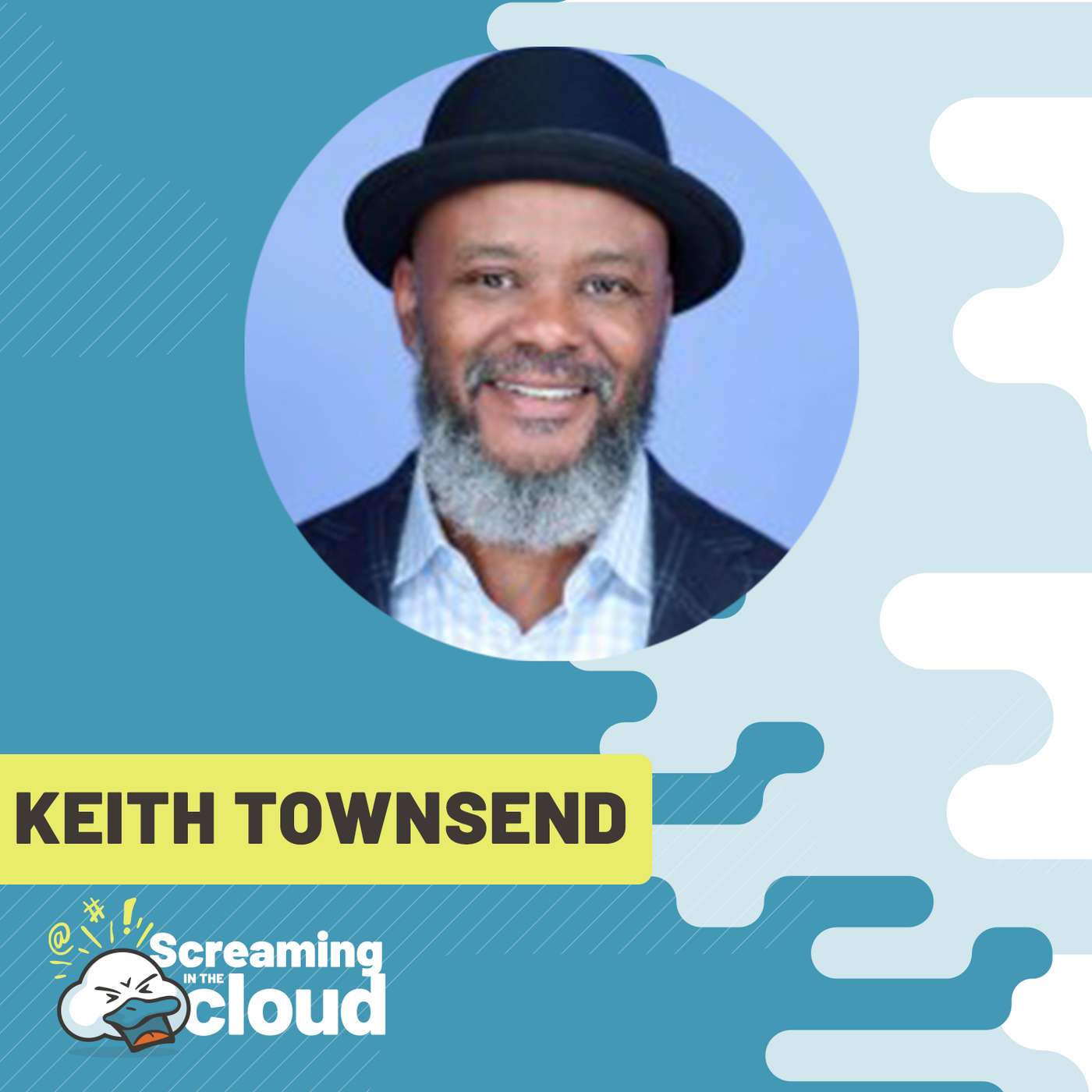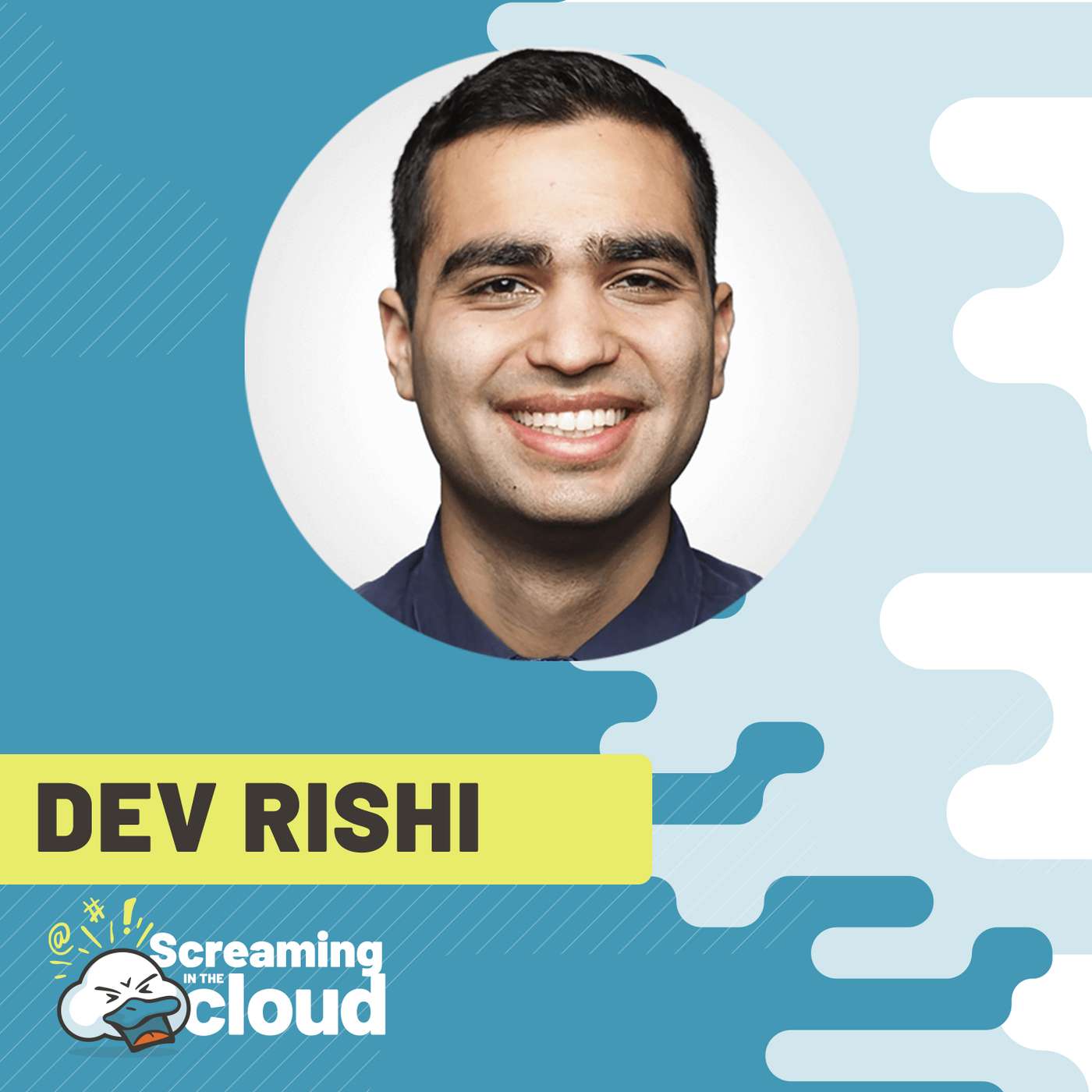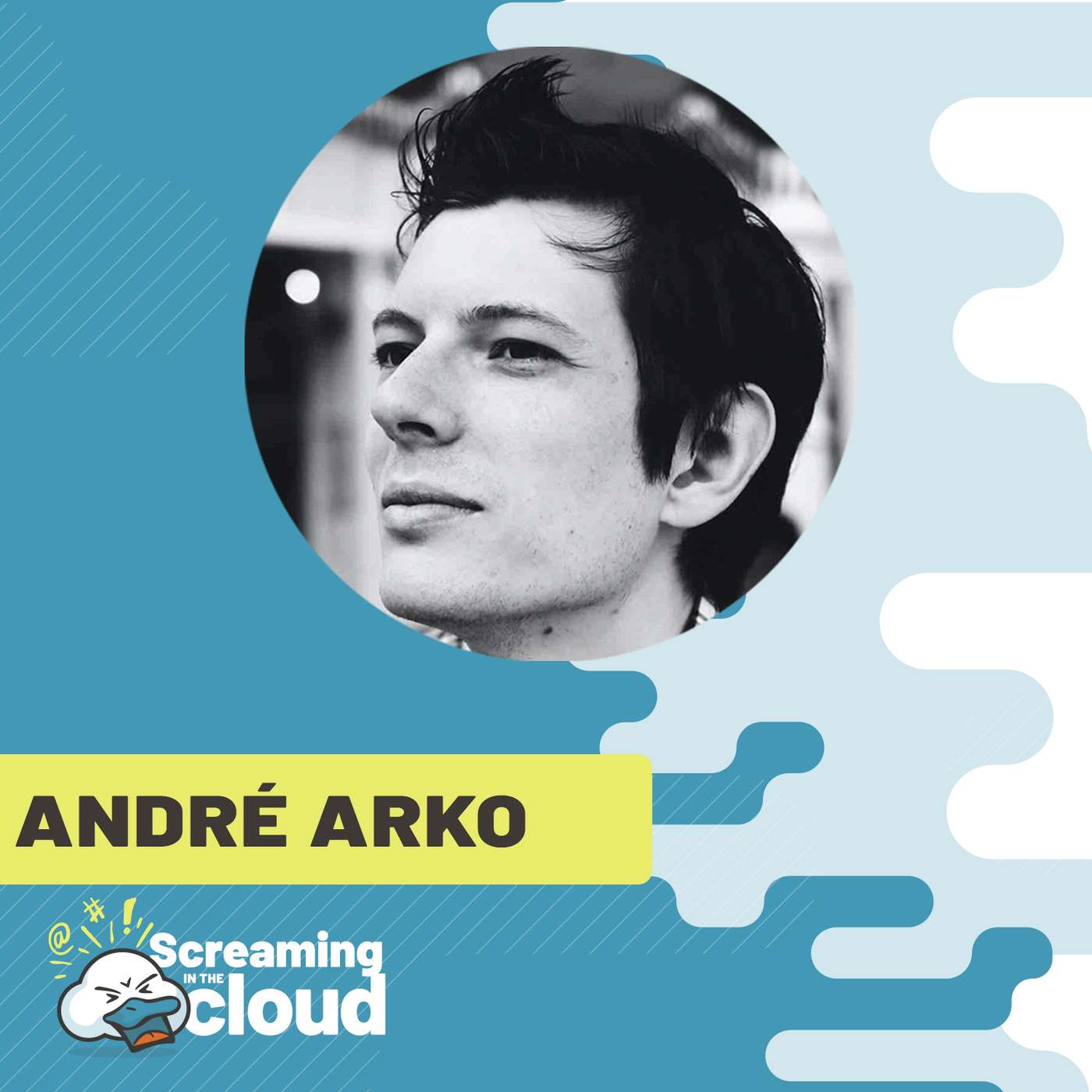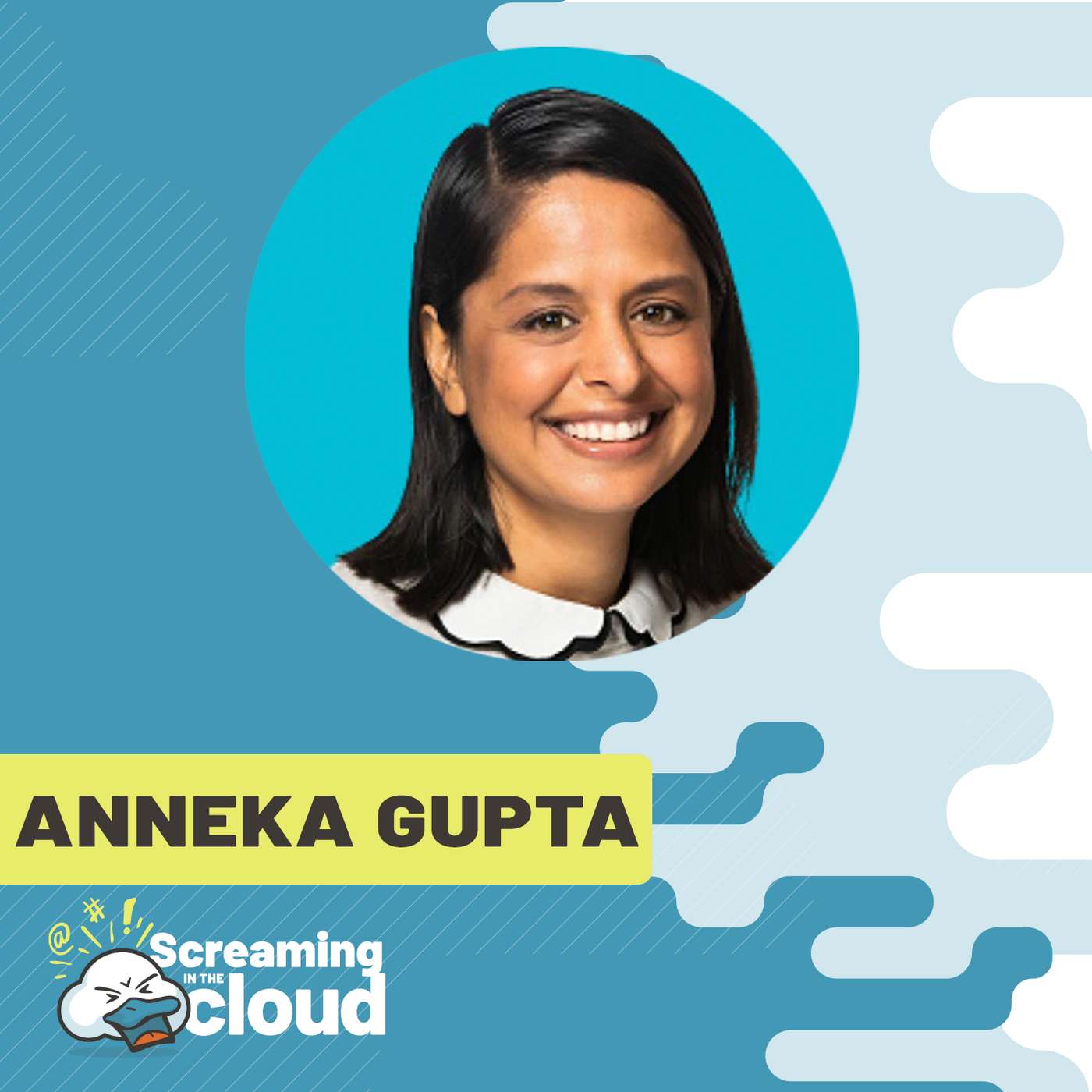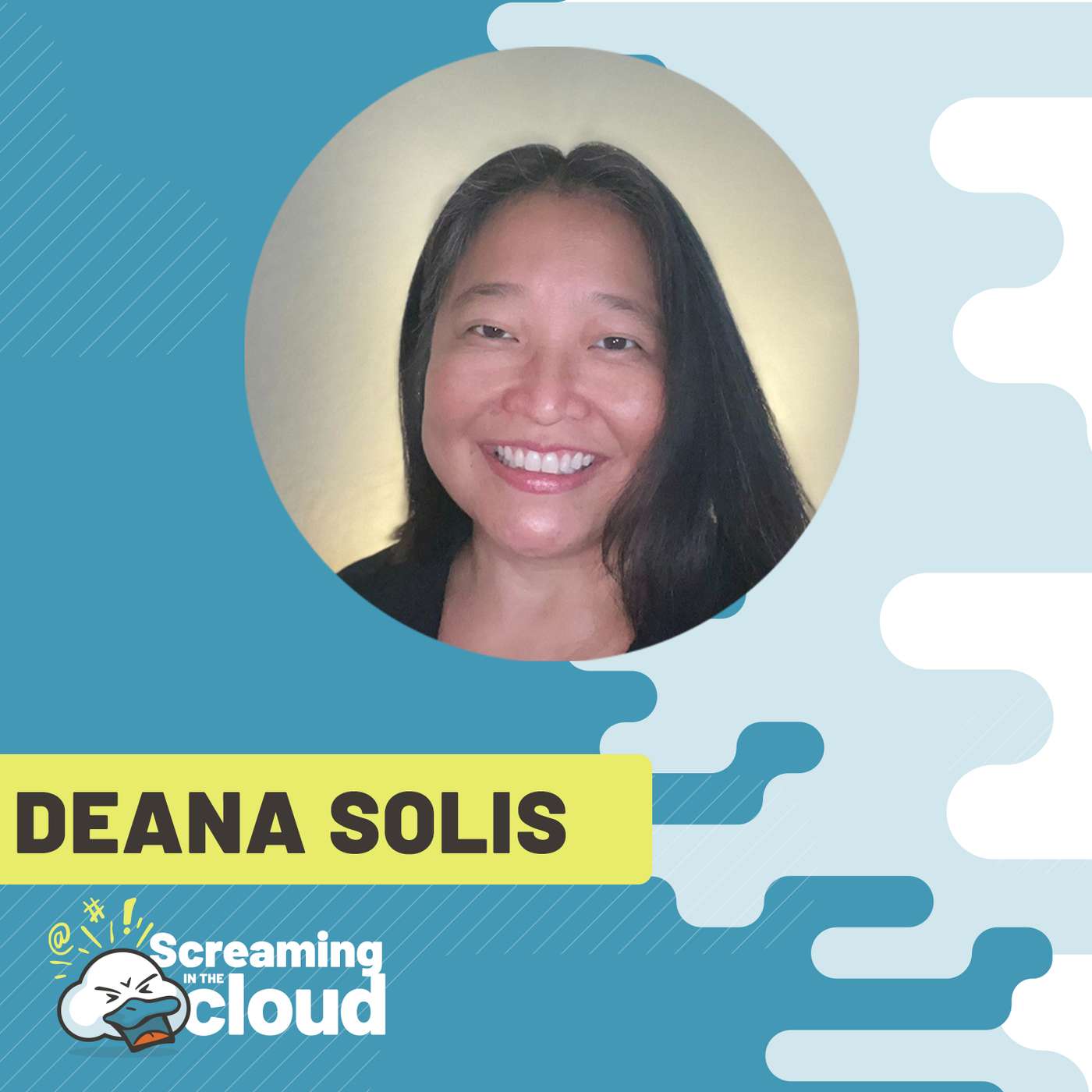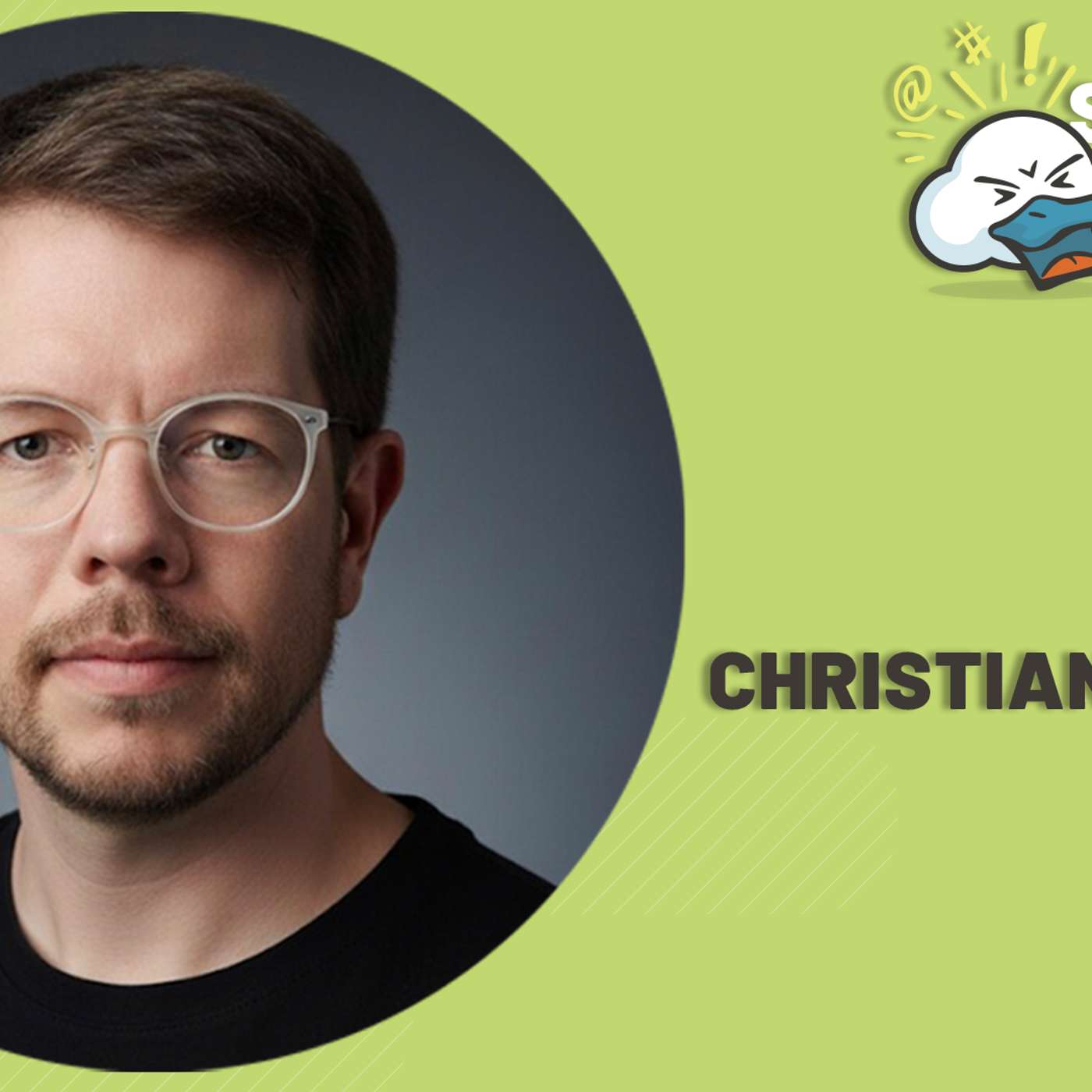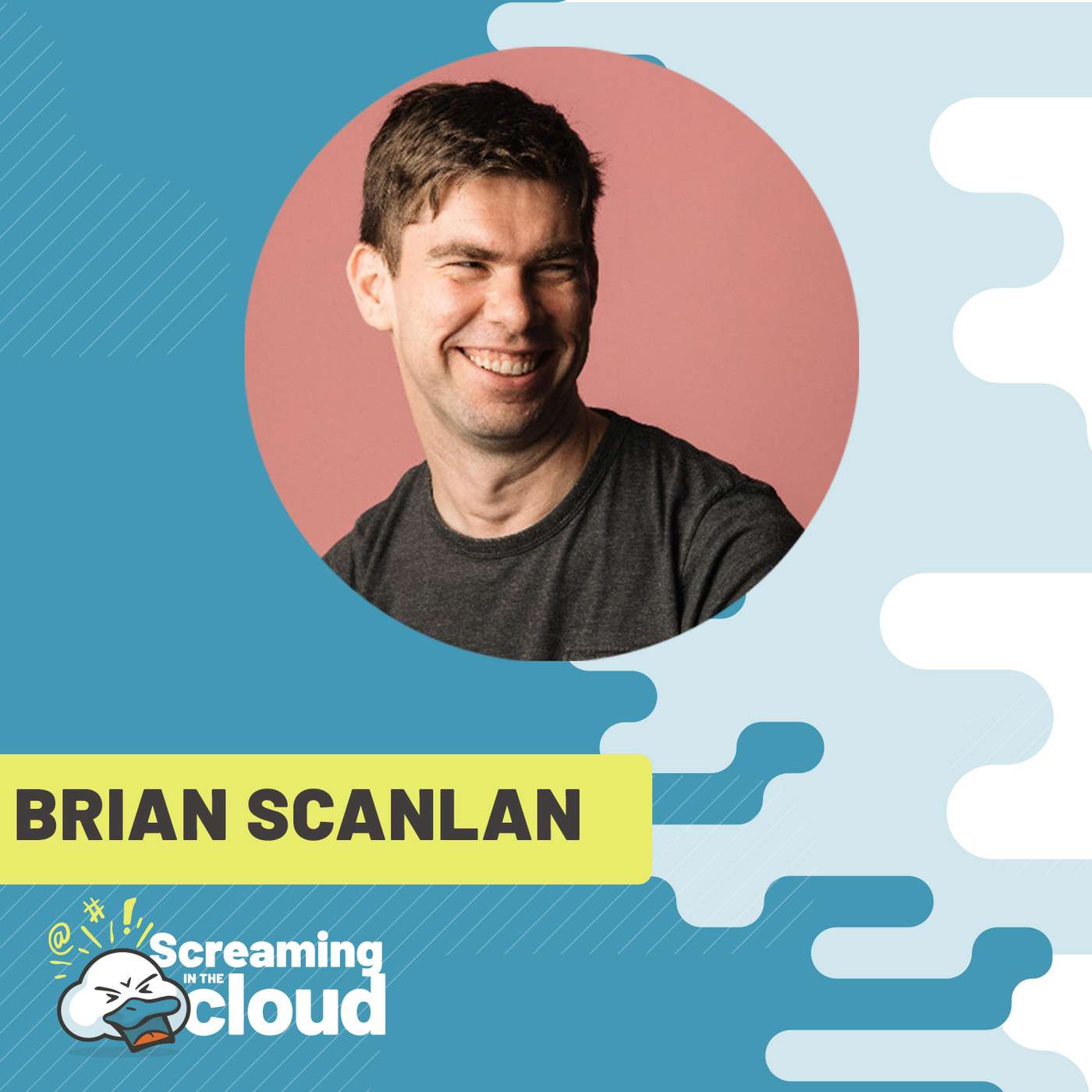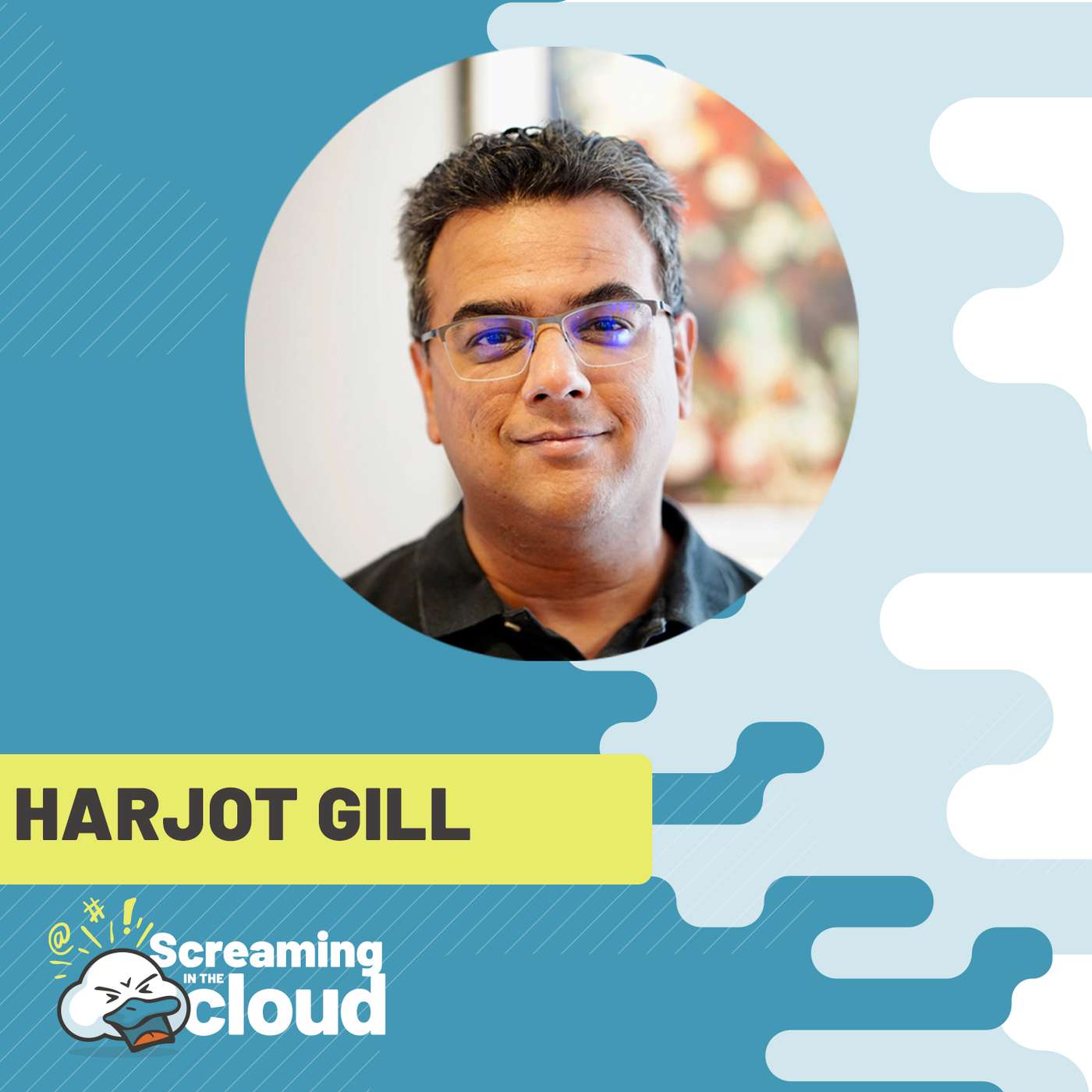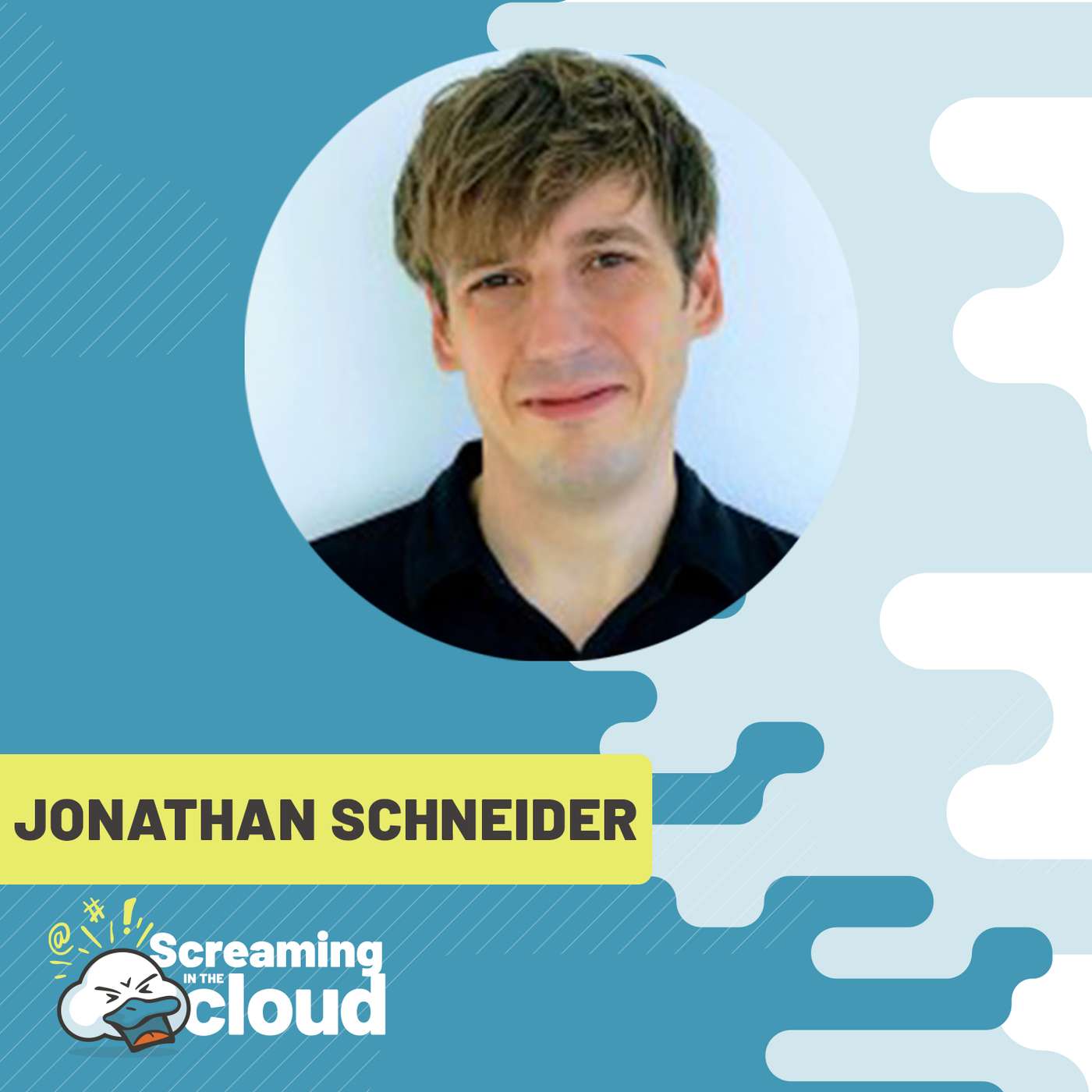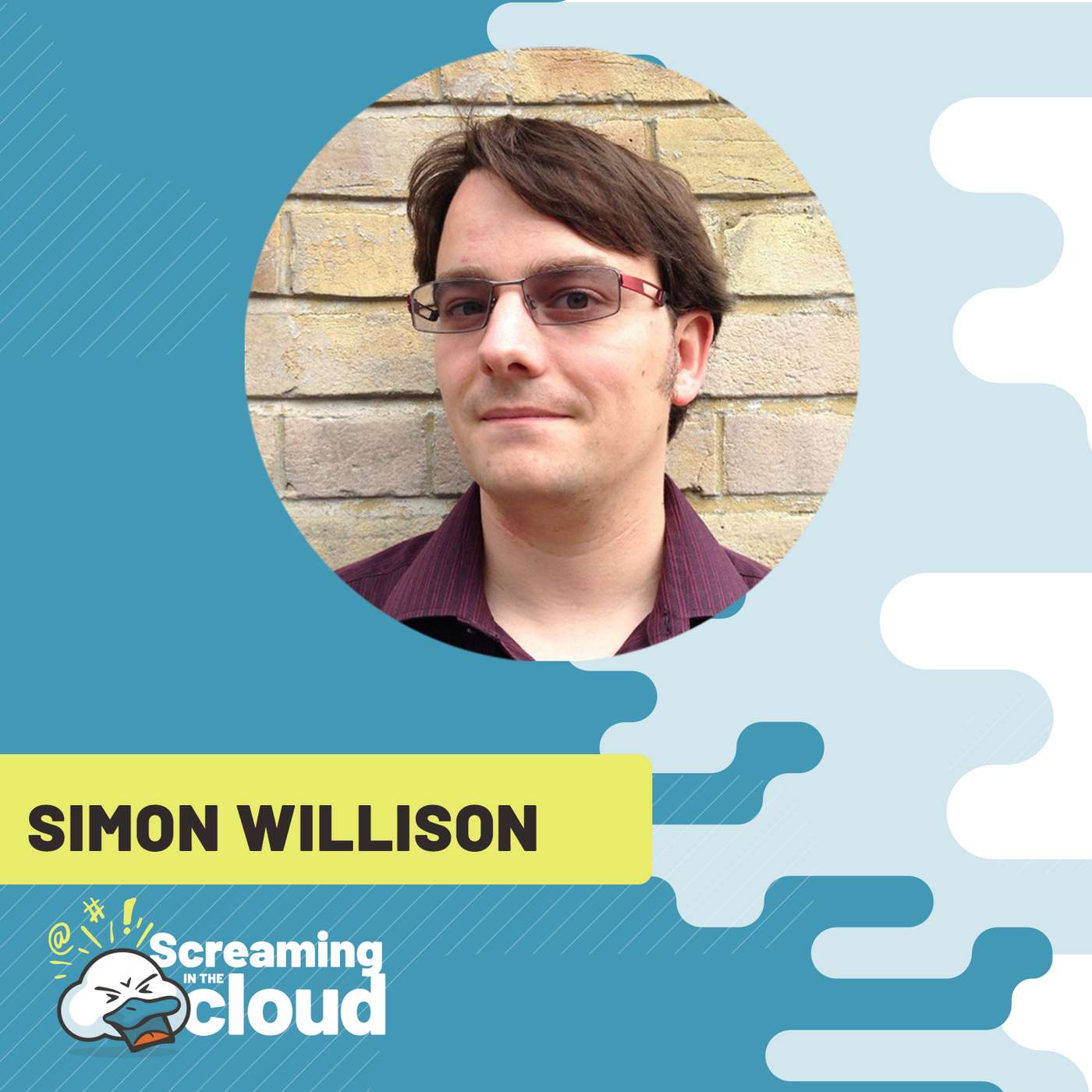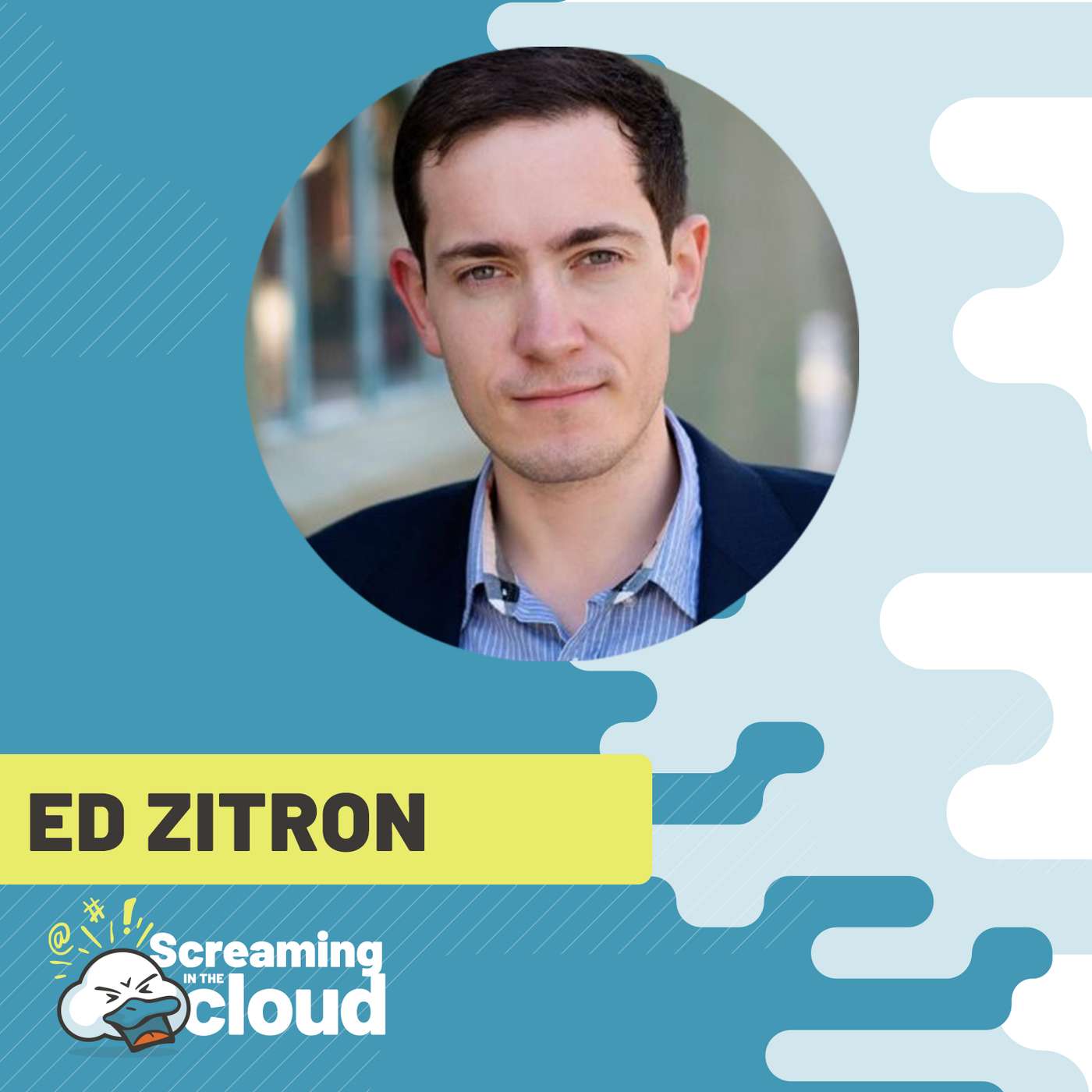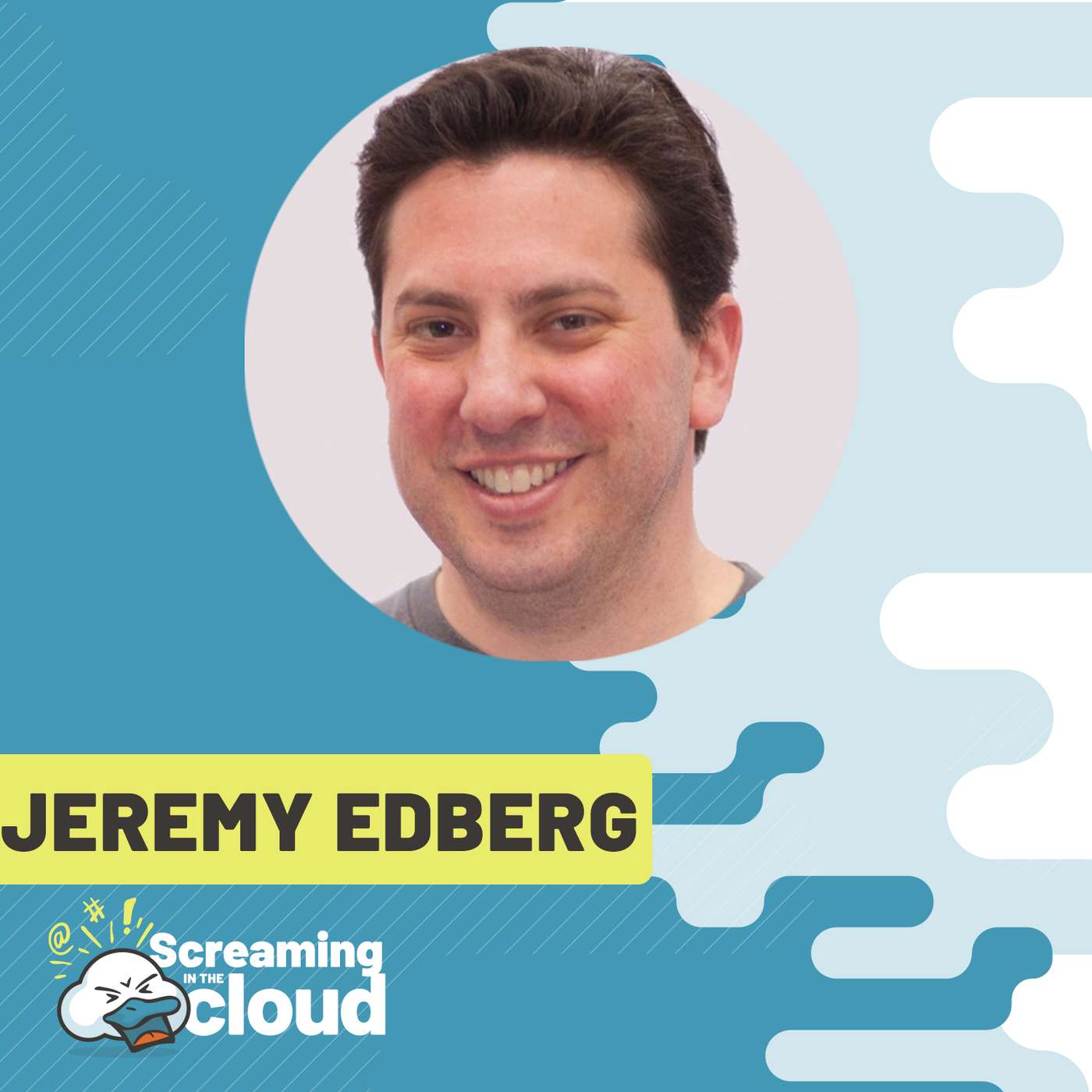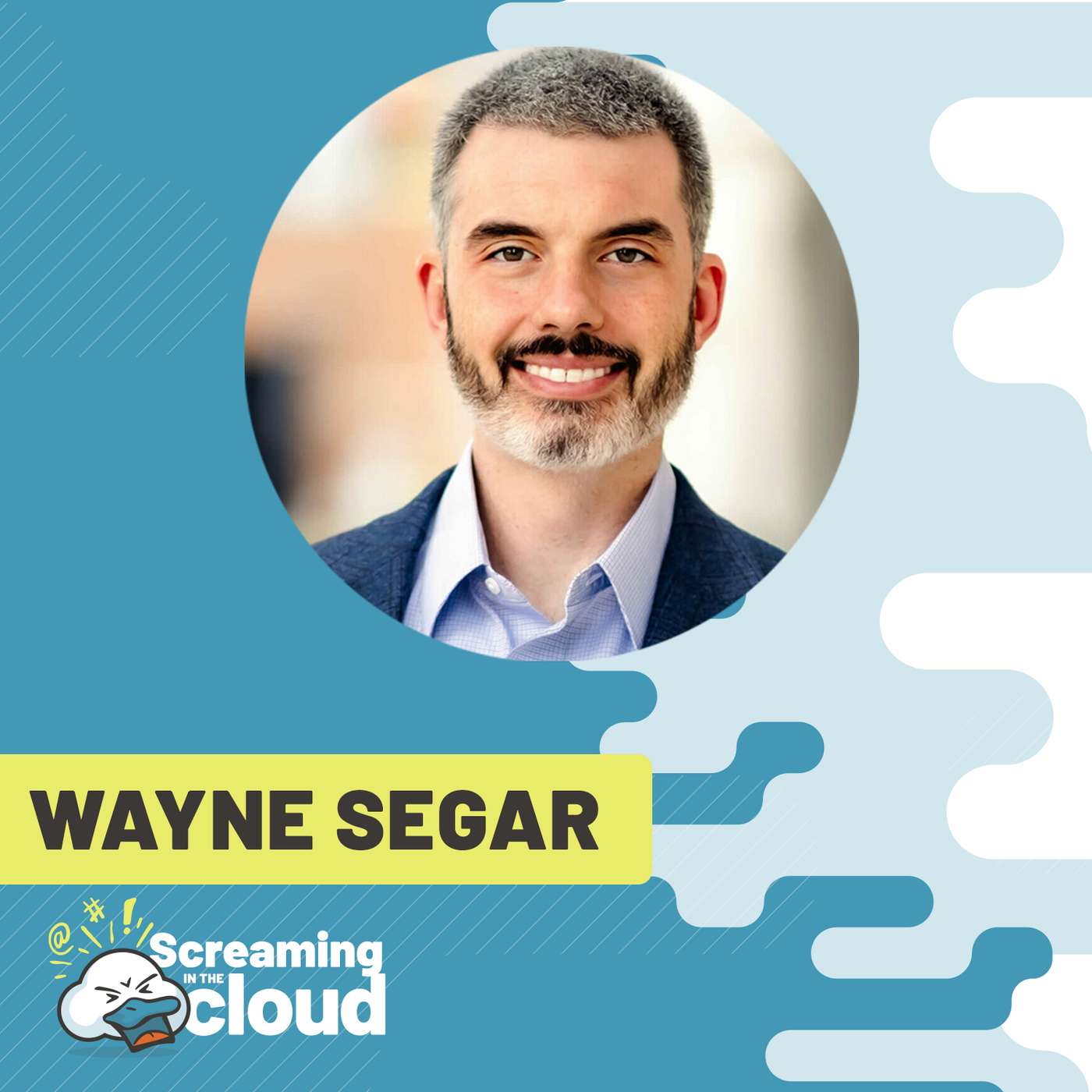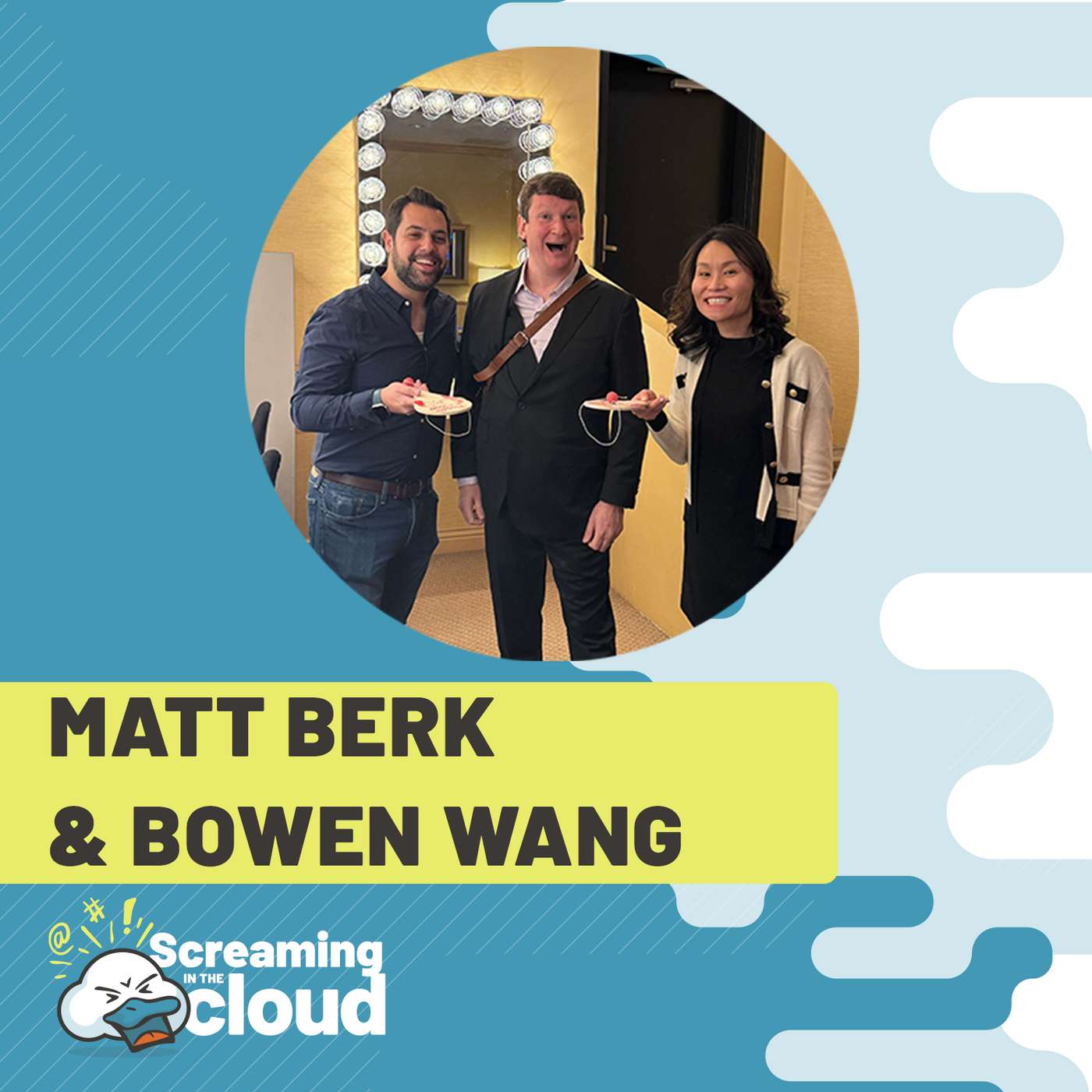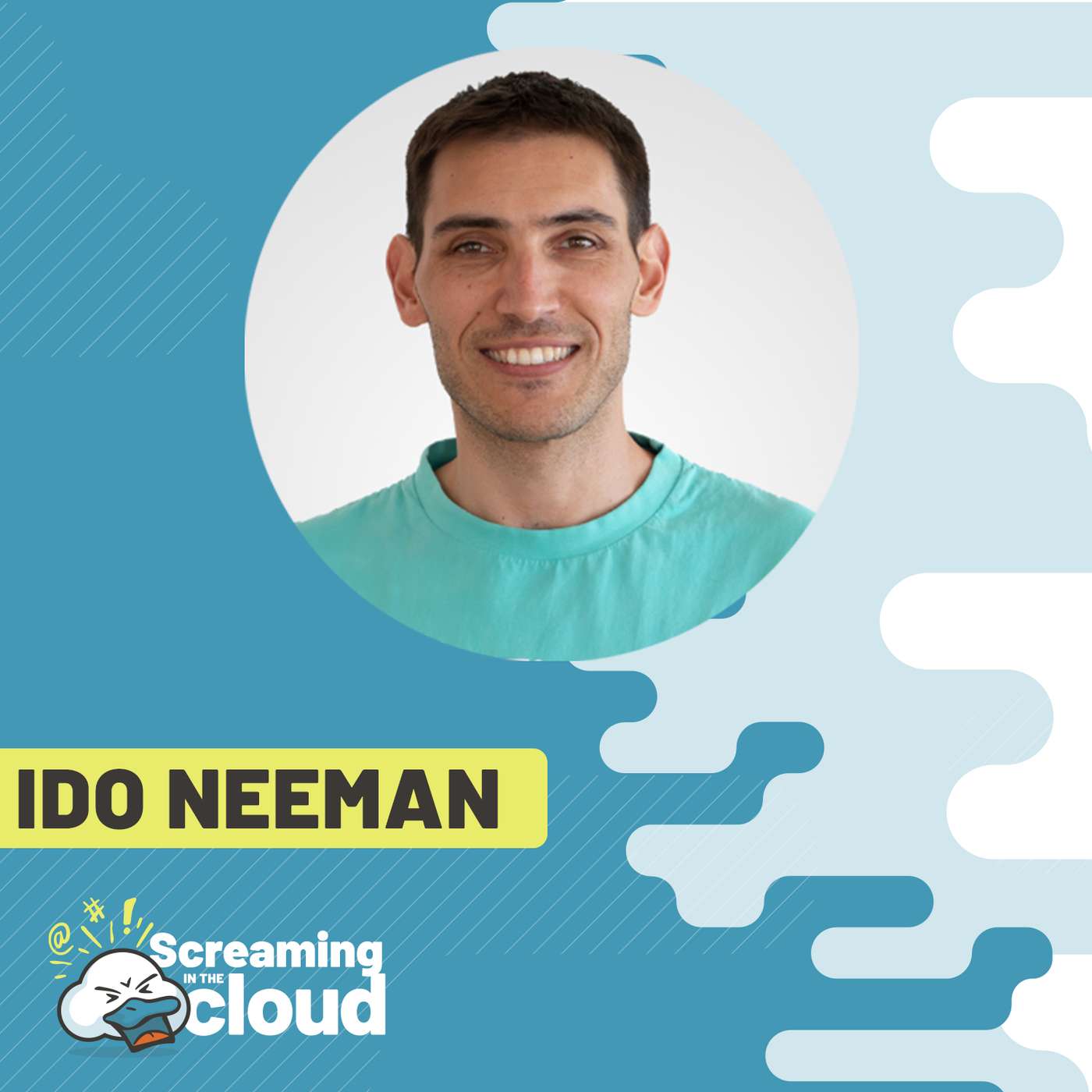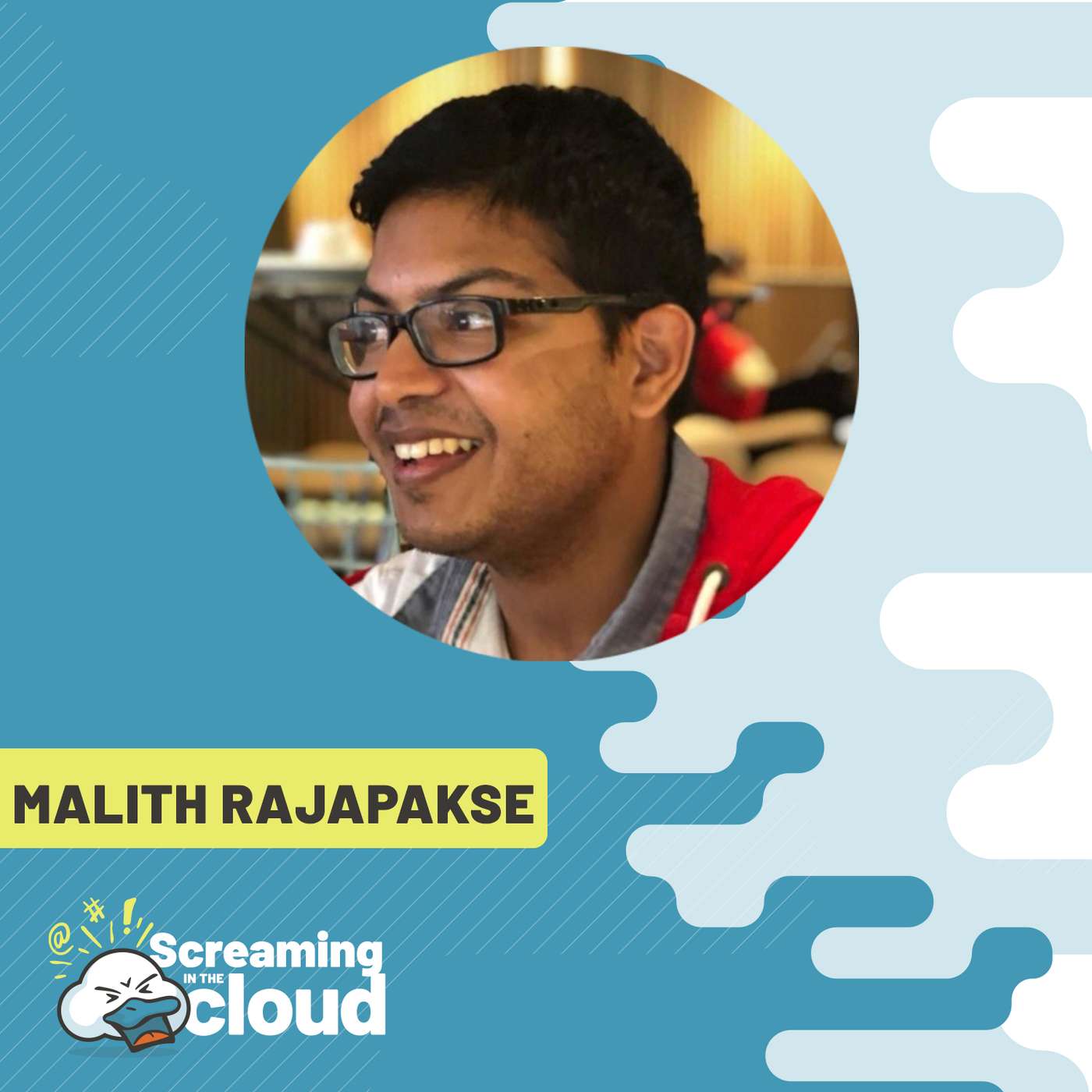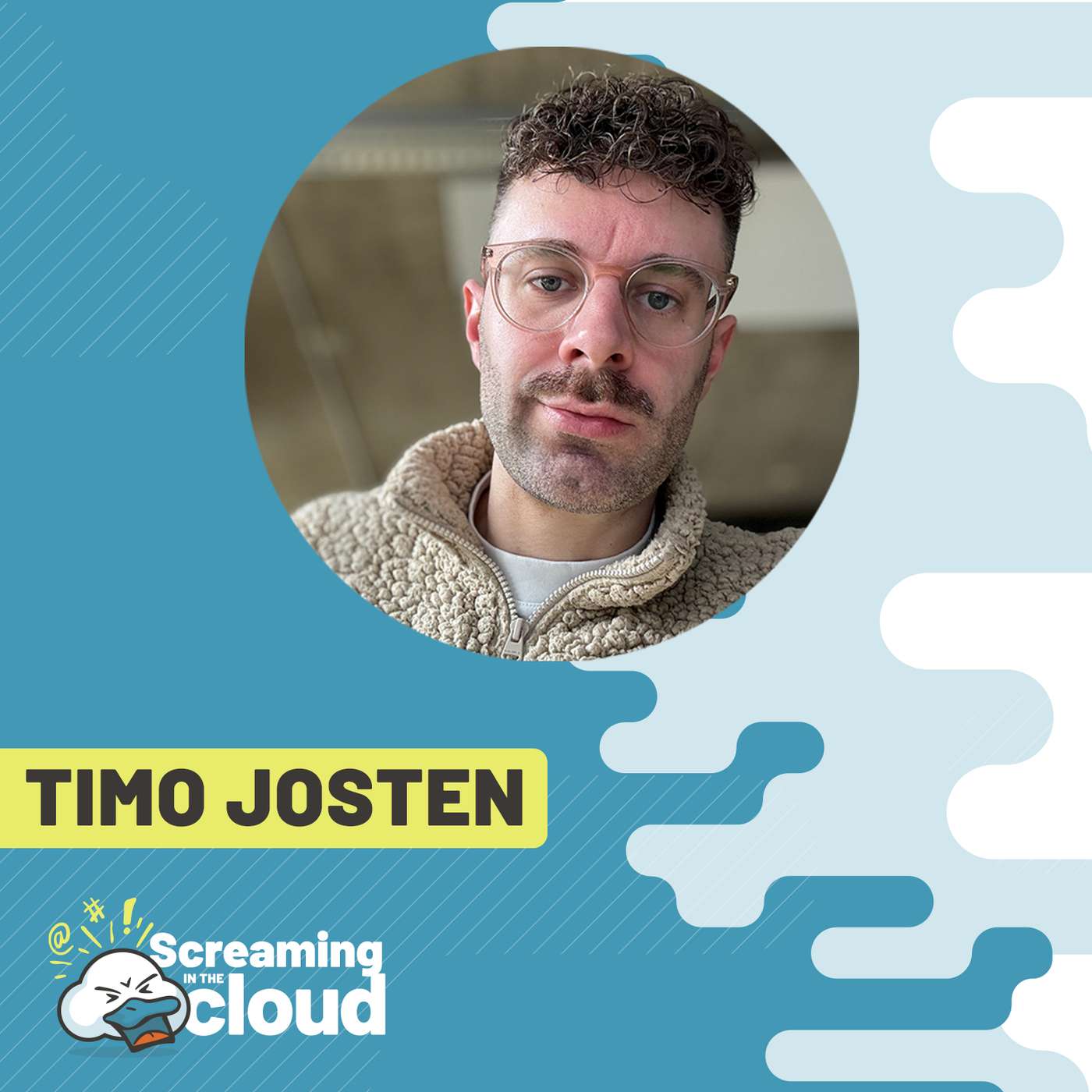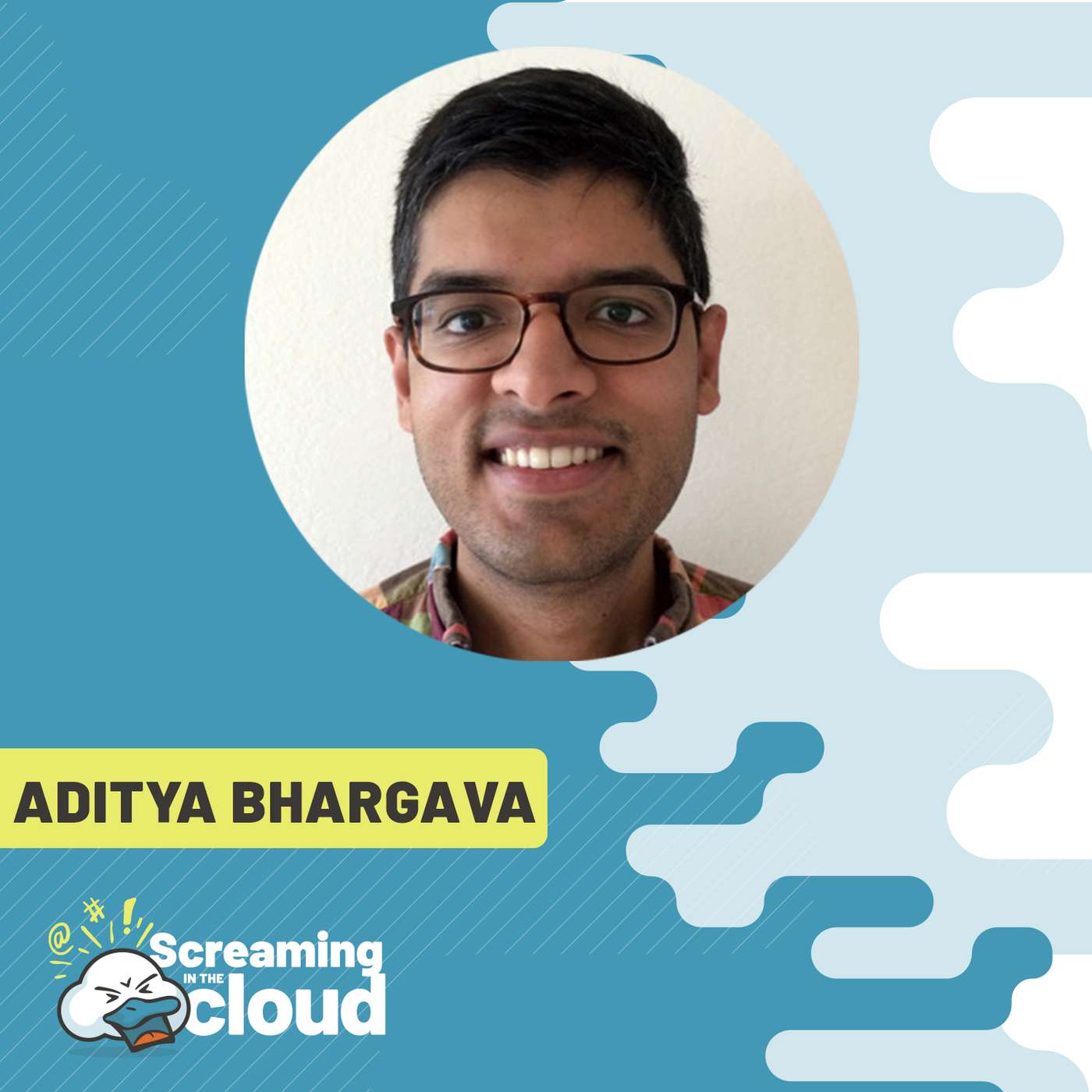Making Data Migration to the Cloud Easy with Ricardo Gonzalez
Description
Ricardo Gonzalez, Senior Principal Product Manager at Oracle, joins Corey on Screaming in the Cloud to discuss his approach to Product Management and cloud migration. Ricardo explains how a chance conversation landed him a role at Oracle, and why he feels it’s so important to always bring your A-game in any conversation. Corey and Ricardo discuss why being a good Product Manager involves empathy for your customers and being able to speak their language as well as the language of your product and development team. Ricardo also explains how he’s seen the Oracle product suite grow, and why he feels more and more companies are seeing the value of migrating their data to the cloud.
About Ricardo
Ricardo is a Product Manager at Oracle, in charge of Database Migration to the Cloud, and the ZDM and ACFS products.
Ricardo is a native Costa Rican and has lived in Mexico, Italy and currently resides in the United States.
He is passionate about technology, education, photography, music and cooking. He loves languages and connecting with people from all over the world. In a future life, Ricardo wants to own a taco truck, and share taco happiness with everybody.
Links Referenced:
- Oracle: https://www.oracle.com/
- LinkedIn: https://www.linkedin.com/in/ricardogonzaleza/
- Twitter: https://twitter.com/productmanaged


